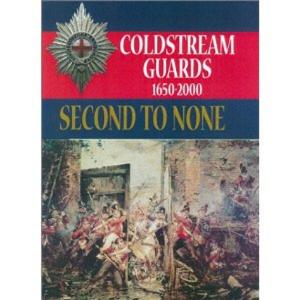Tracing Your Prisoner of War Ancestors
The First World War
Nonfiction, Reference & Language, Reference, Genealogy, History| Author: | Paterson, Sarah | ISBN: | 9781783376582 |
| Publisher: | Pen and Sword | Publication: | January 19, 2013 |
| Imprint: | Pen and Sword | Language: | English |
| Author: | Paterson, Sarah |
| ISBN: | 9781783376582 |
| Publisher: | Pen and Sword |
| Publication: | January 19, 2013 |
| Imprint: | Pen and Sword |
| Language: | English |
The experience of civilian internees and British prisoners of war in German and Turkish hands during the First World War is one of the least well-known and least researched aspects of the history of the conflict. The same applies to prisoners of war and internees held in the UK. Yet, as Sarah Paterson shows in this authoritative handbook, a wide-range of detailed and revealing information is available if you know where to look for it. Briefly she outlines the course of the campaigns in which British servicemen were captured, and she describes how they were treated and the conditions they endured. She locates the camps they were taken to and explains how they were run. She also shows how this emotive and neglected subject can be researched - how archives and records can be used to track down individual prisoners and uncover something of the lives they led in captivity.Her work will be an essential introduction for readers who are keen to get an insight into the experience of a POW or an internee during the First World War, and it will be an invaluable guide for anyone who is trying to trace an ancestor who was captured.
The experience of civilian internees and British prisoners of war in German and Turkish hands during the First World War is one of the least well-known and least researched aspects of the history of the conflict. The same applies to prisoners of war and internees held in the UK. Yet, as Sarah Paterson shows in this authoritative handbook, a wide-range of detailed and revealing information is available if you know where to look for it. Briefly she outlines the course of the campaigns in which British servicemen were captured, and she describes how they were treated and the conditions they endured. She locates the camps they were taken to and explains how they were run. She also shows how this emotive and neglected subject can be researched - how archives and records can be used to track down individual prisoners and uncover something of the lives they led in captivity.Her work will be an essential introduction for readers who are keen to get an insight into the experience of a POW or an internee during the First World War, and it will be an invaluable guide for anyone who is trying to trace an ancestor who was captured.















